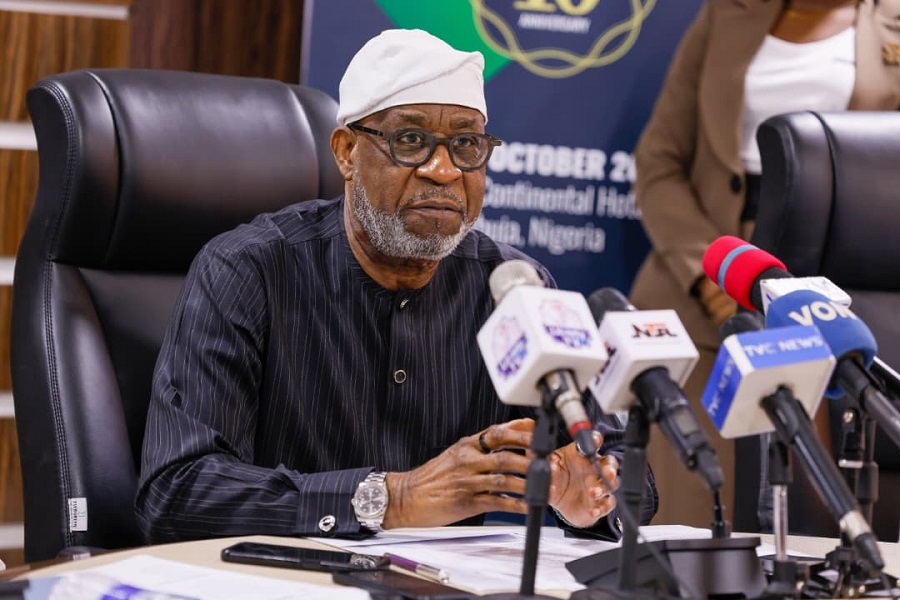Copyright thenationonlineng

The Ministry of Solid Minerals Development says the deployment of Mining Marshals has become one of the most impactful reforms in Nigeria’s extractive industry, significantly reducing illegal mining activities and increasing government revenue. Speaking at the South West Leaders Conference in Akure, Minister of Solid Minerals Development, Dele Alake, noted that the Marshals have reclaimed more than 90 illegal mining sites and facilitated the prosecution of over 300 offenders, bringing stability and security to previously troubled mining communities. He explained that the initiative forms part of President Bola Ahmed Tinubu’s Renewed Hope Agenda, aimed at building a business-friendly nation where lawful enterprise thrives. “The Mining Marshals have given us results. We no longer just talk about illegal mining — we’re taking it back, site by site. Today, communities are safer, legitimate investors are returning, and government revenue is rising,” Alake stated. According to the Minister, the impact of the Marshals and wider sector reforms is reflected in revenue figures, which grew from ₦8.6 billion in 2022 to ₦38 billion in 2024, with ₦30 billion already recorded for 2025. He added that the South West region contributed ₦7.2 billion, underscoring its strategic importance in Nigeria’s mining landscape. Read Also: Alake: Southwest contributes over N7b mining revenue in nine months Alake highlighted major successes in the region, including the Segilola Gold Project in Osun State and hundreds of active quarry and exploration sites, describing them as signs of investor confidence. He also emphasised that mining companies are now required to sign Community Development Agreements (CDAs) before beginning operations, ensuring direct benefits for host communities. “In just two years, 45 South West communities have signed CDAs — more than double the number achieved in the previous fifteen years,” he noted. Looking ahead, the Minister said the next phase of reforms will focus on value addition, mineral processing, and deeper partnerships with the private sector to make mining a major engine of job creation and sustainable national development. “We are proud of the progress made, but even more determined about what lies ahead,” he added.



